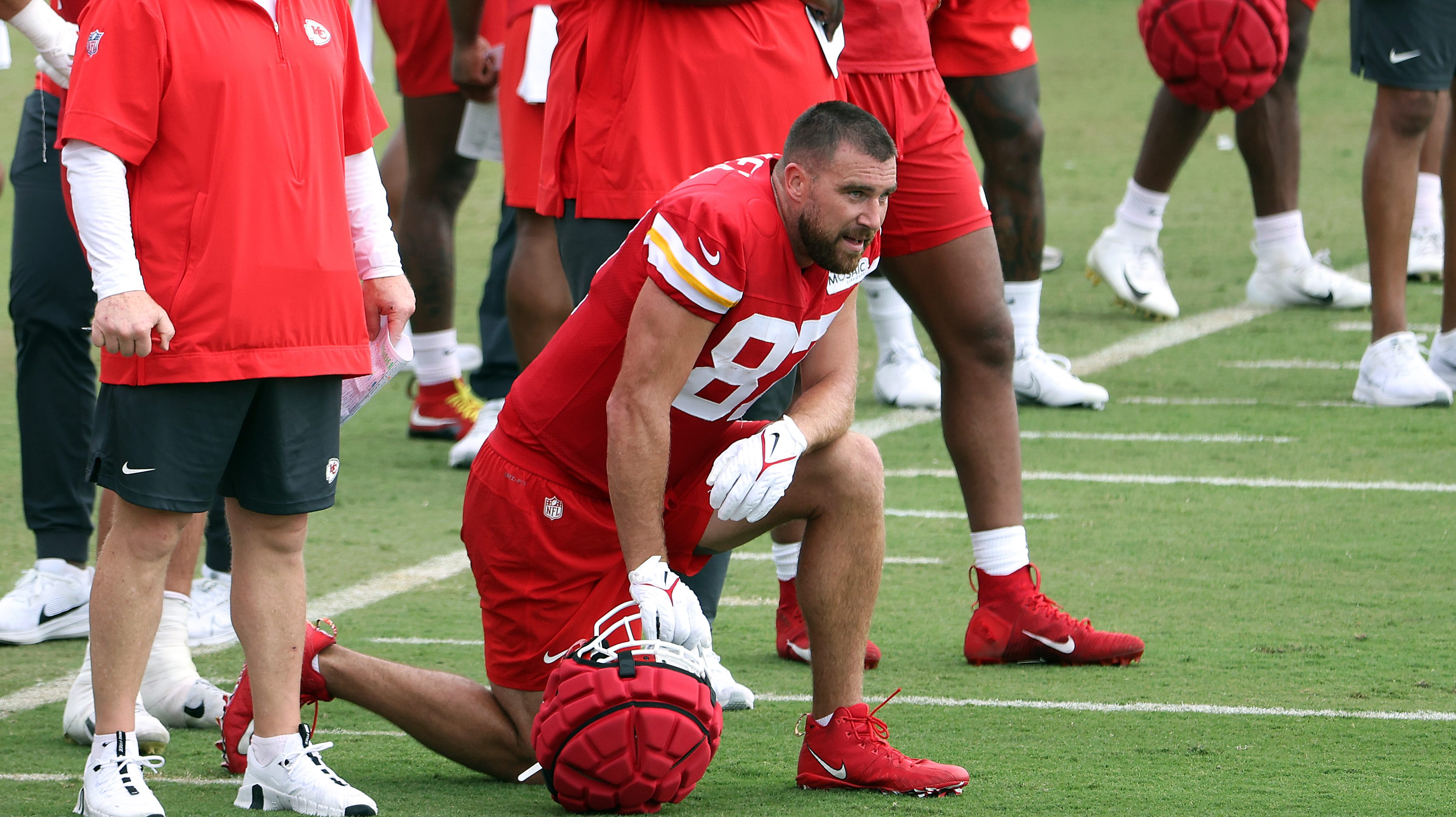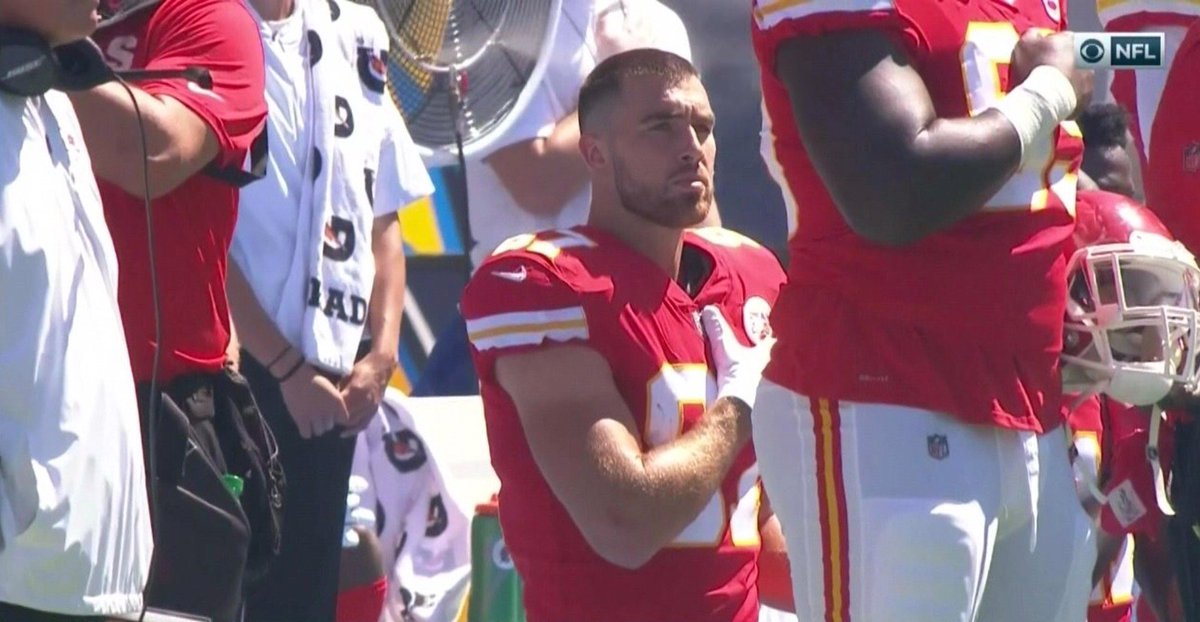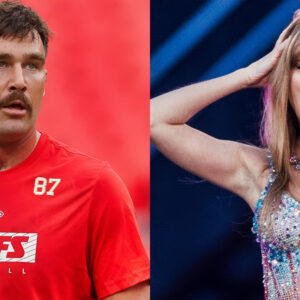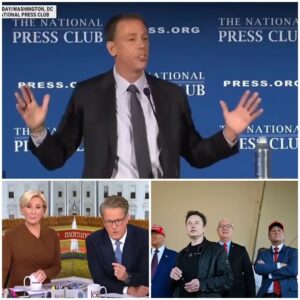The ongoing intersection of sports, politics, and patriotism has found itself in the spotlight once again, this time centered on NFL star Travis Kelce and his decision to kneel during a recent public appearance. Vocal critic Kid Rock wasted no time denouncing the act, igniting a debate that has captivated fans and commentators alike.

What Happened?
Travis Kelce, known for his outspoken personality both on and off the field, took a knee during a high-profile event. Though Kelce has not elaborated on the specific meaning behind his action, many interpreted it as a protest or statement on social justice issues.
Kid Rock, the outspoken musician and cultural figure, took to social media to express his disapproval, calling Kelce’s gesture “disrespectful” and “unnecessary.”
“Travis Kelce’s stunt is the perfect example of how out of touch some athletes have become,” Rock wrote. “This country deserves better than empty gestures that disrespect the very freedoms they claim to stand for.”
The Backlash Begins
Kid Rock’s criticism sparked immediate reactions from both supporters and detractors. Social media platforms were flooded with comments, with many applauding the musician for standing up for what they see as traditional American values:
- “Kid Rock is saying what we’re all thinking. Enough with these political statements during events meant to bring people together.”
- “Kelce should focus on the game and leave the political grandstanding to politicians.”
However, others defended Kelce, praising him for using his platform to make a statement:
- “Athletes have a responsibility to speak out on important issues. Kid Rock needs to learn the difference between disrespect and activism.”
- “Freedom of speech applies to everyone, including Travis Kelce. Why is Kid Rock so upset over someone exercising their rights?”

Kelce Holds His Ground
While Travis Kelce has yet to directly respond to Kid Rock’s comments, sources close to the athlete suggest he is unfazed by the criticism. In a previous interview, Kelce explained his belief in athletes’ roles as public figures:
“We have this incredible platform, and I believe it’s our duty to use it for something bigger than ourselves. Whether people agree or not, starting a conversation is what matters.”
A Broader Conversation
The clash between Kid Rock and Travis Kelce is emblematic of a larger cultural debate: should sports remain apolitical, or is it a natural platform for advocacy and protest?
For Kid Rock, the line is clear. In an interview following his post, he doubled down on his position, stating:
“We need unity, not division. When athletes pull stunts like this, they’re not bringing people together—they’re tearing them apart.”
Conversely, many argue that athletes like Kelce are vital voices in national conversations about equality and justice. Sports historian Dr. Lisa Martinez explained:
“Athletes have always been a part of cultural movements, from Muhammad Ali to Colin Kaepernick. Criticism often follows, but their influence is undeniable.”

What’s Next?
As the debate rages on, both Kid Rock and Travis Kelce continue to dominate headlines. For now, it’s clear that their differing views represent a larger divide in how Americans perceive protest, patriotism, and the role of public figures in societal issues.
Will Kelce respond to Rock’s critique, or will this become another chapter in the evolving narrative of sports and activism? One thing is certain: the conversation is far from over.












